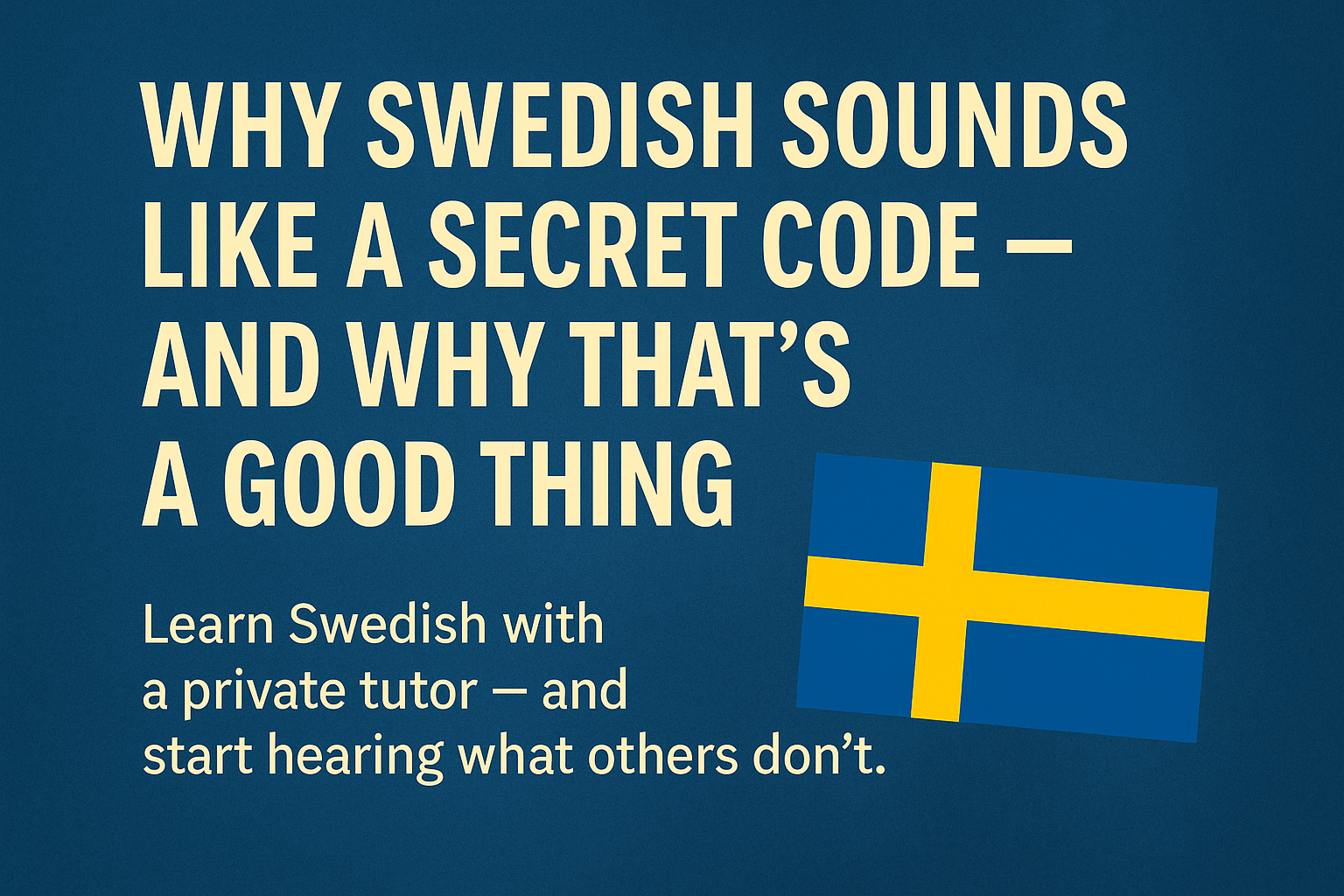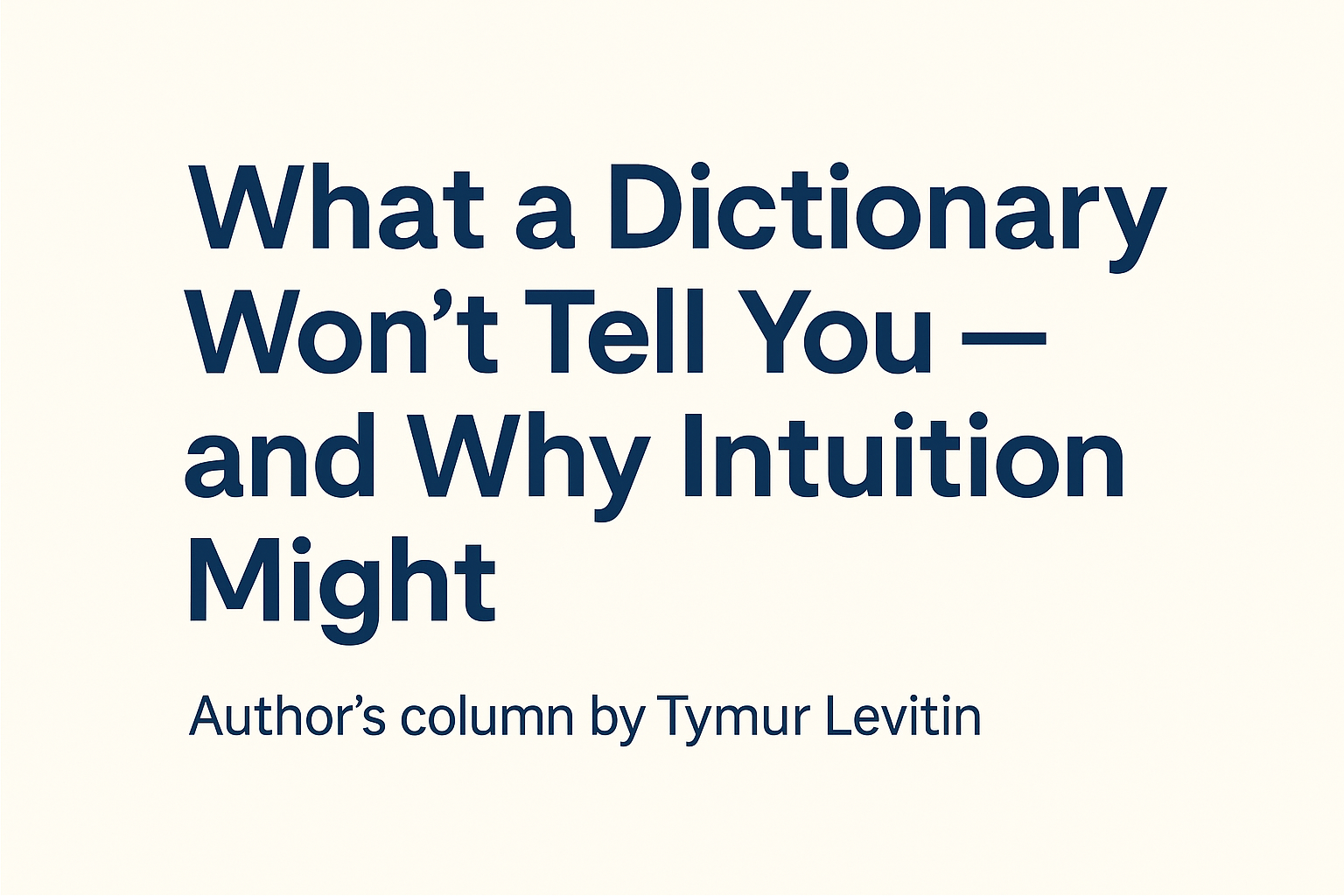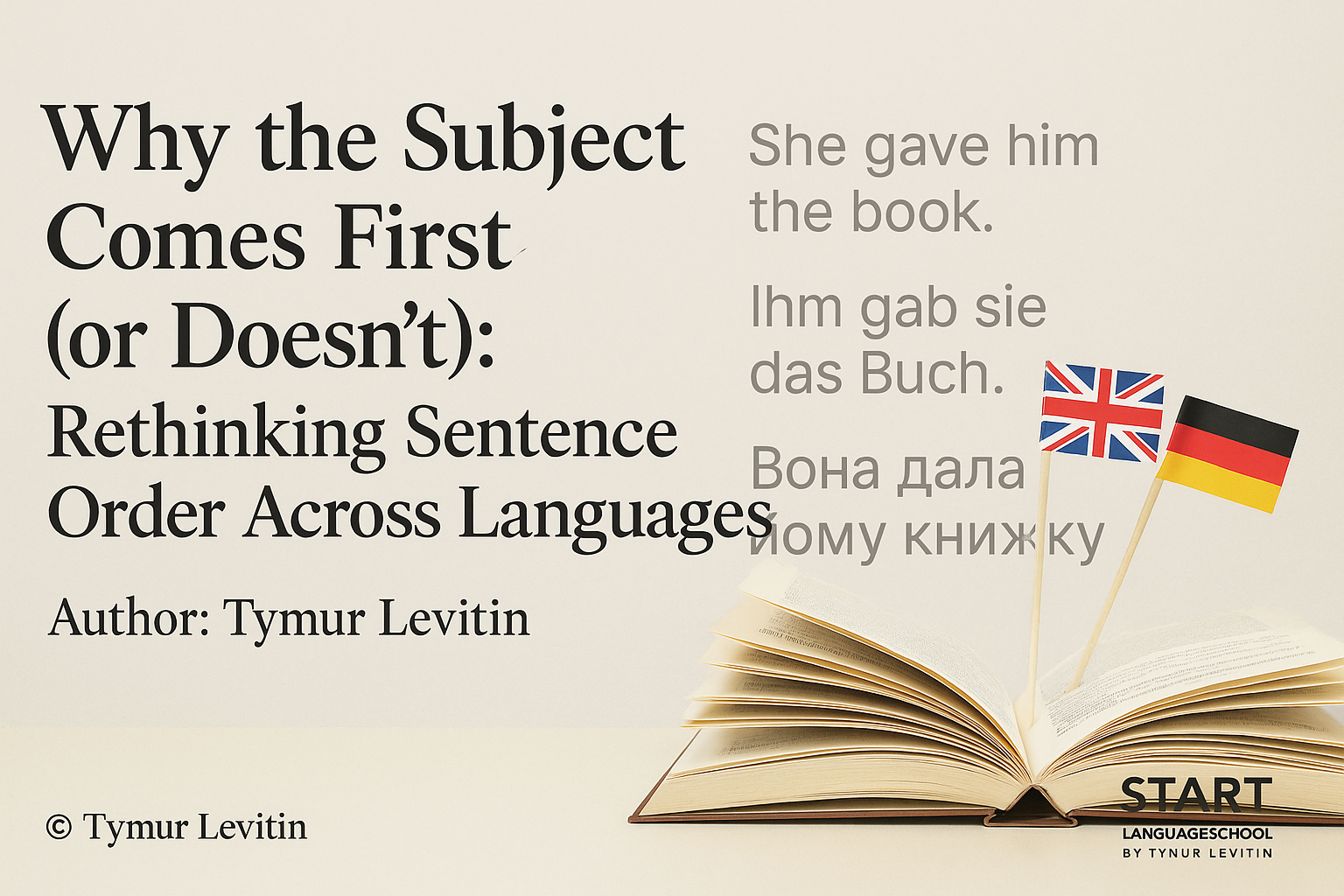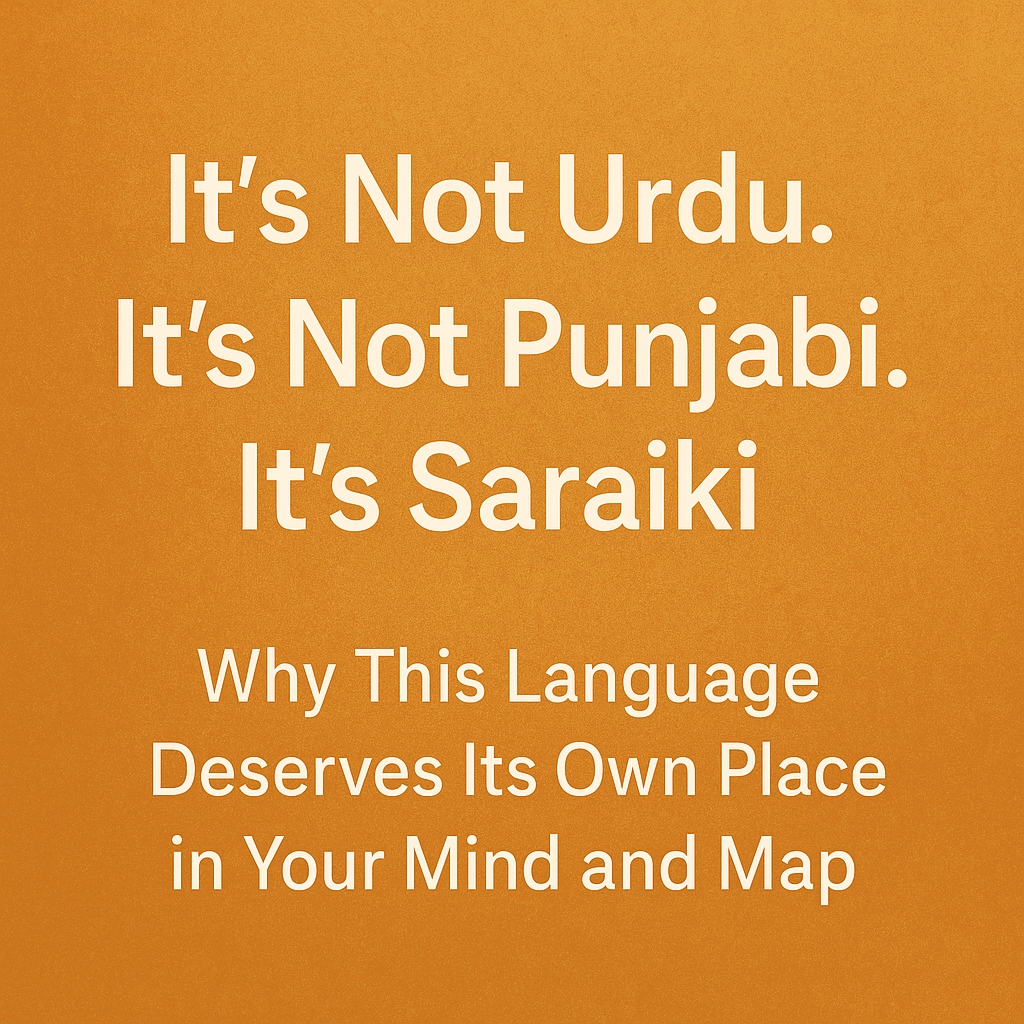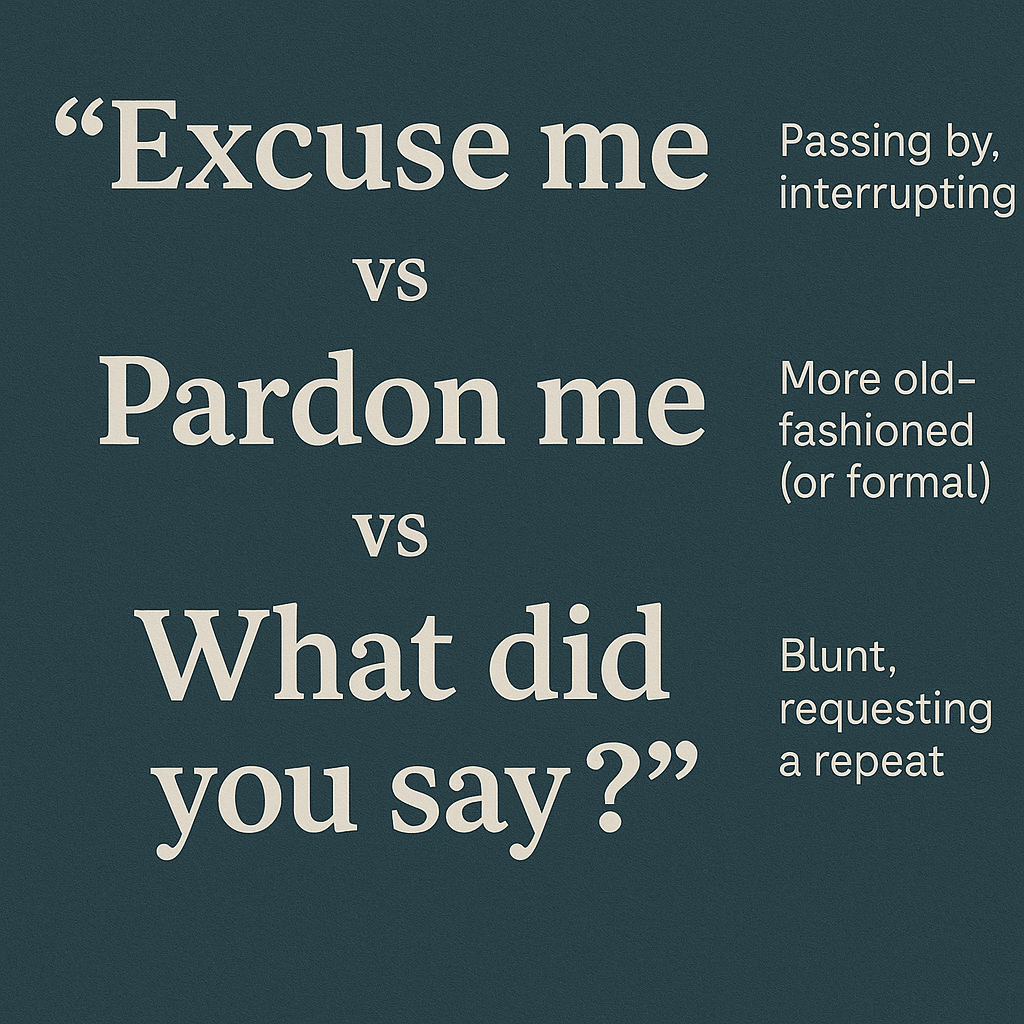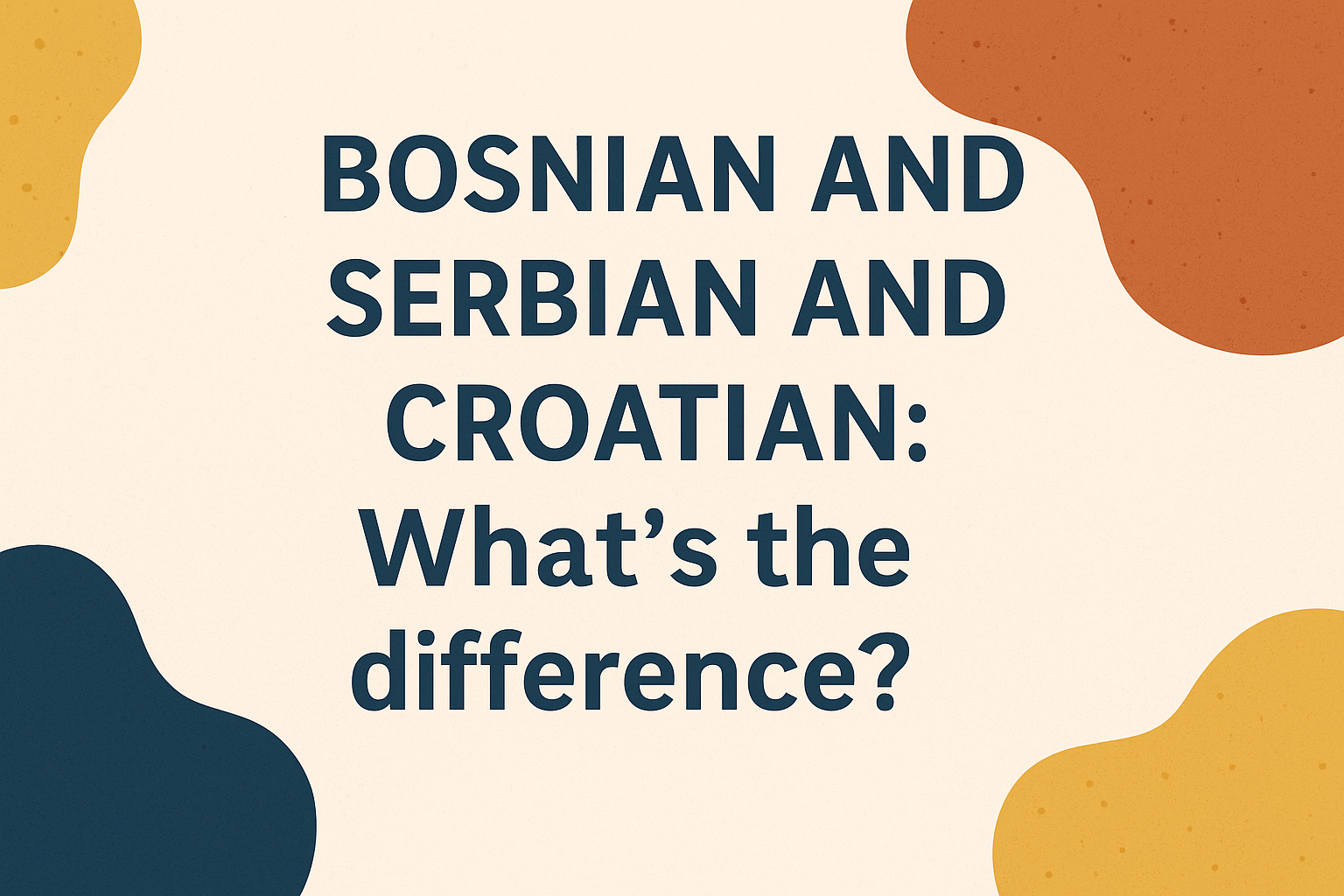Author’s column by Тимур Левитин
Основатель и директор языковой школы Левитина
🔗 Школа иностранных языков "Старт" от Тимура Левитина
A word is not just a meaning — it’s a choice
You find a word in the dictionary. It looks right.
You use it. And something feels… off.
The sentence is “correct,” but the meaning — not quite.
That’s because a dictionary shows options, not solutions.
And if you don’t feel the difference, you won’t know which word fits.
Why dictionaries are limited — and always will be
Let’s be clear: dictionaries are useful. But they won’t tell you:
- Which word people actually use in real life
- Which word sounds natural in that context
- Which one carries the right emotion, register, tone
That’s not because they’re bad.
It’s because no dictionary can teach nuance.
So how do you know what to say?
Here’s the uncomfortable truth:
You often don’t. But your intuition might.
Because intuition is not guessing.
It’s the sum of all your listening, reading, thinking, and patterns.
It helps you feel:
- if a word fits or not
- if it matches the tone
- if it says what you actually mean
Dictionary vs. Intuition — side by side
| Ситуация | Dictionary gives you… | Intuition gives you… |
|---|---|---|
| “country” | nation, land, countryside | Oh, you mean rural area, not a political state |
| “medicine” | medication, treatment | Is it a pill or a therapy? |
| “miss” | fail, long for, skip | Which one fits: “I missed you” or “I missed the train”? |
| “fine” | money penalty, OK, elegant | What tone do I want here? |
👉 Intuition doesn’t replace the dictionary.
It filters and interprets.
Where does intuition come from?
From input and awareness.
1. Input:
Listening. Watching. Reading. Real conversations. Real voices.
2. Awareness:
Noticing when something sounds strange or natural.
Asking почему one version feels better than another.
3. Comparison:
How it would be said in your language.
How it changes depending on tone or word order.
What I teach my students
I never say:
“Just memorize the word and move on.”
Instead, I say:
“Feel it. Use it in context. Ask if it works. Try again differently.”
That’s not guessing.
That’s learning like real speakers do — through repetition, observation, adaptation.
Real learning is not translation — it’s recognition
Yes, use dictionaries.
Yes, look for definitions.
But always remember:
A dictionary shows what’s possible.
Only you — through practice and intuition — can decide what’s appropriate.
Похожие материалы из нашего блога
→ The Full Immersion Method: What They Don’t Tell You
→ Языковой барьер - это не про язык
→ Language, Emotion, and Meaning in Translation
© Тимур Левитин
Author, founder, director, and lead teacher at Levitin Language School
Эта статья является частью авторской колонки:
🟦 Язык без иллюзий: Колонка Тимура Левитина о реальном обучении
Next in the series:
“B1 ≠ Mastery of A2: Why Levels Don’t Guarantee Control”

















